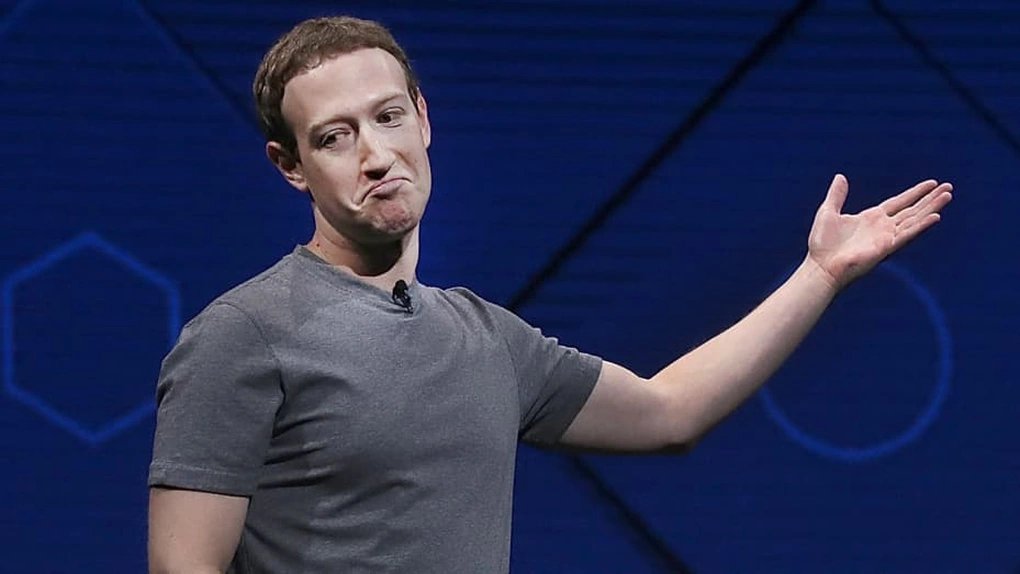Mark Zuckerberg is one of the most influential figures in modern technology. As the co-founder and CEO of Meta (formerly Facebook), he has revolutionized social media, transforming how people connect, communicate, and consume information. But with this immense power comes great scrutiny. Some view him as a technological genius who has reshaped the digital world, while others argue he is a prisoner of the very empire he built. This article explores Zuckerberg’s journey, his innovations, and whether he is a visionary leader or a captive of his own creation.
## The Rise of a Digital Pioneer
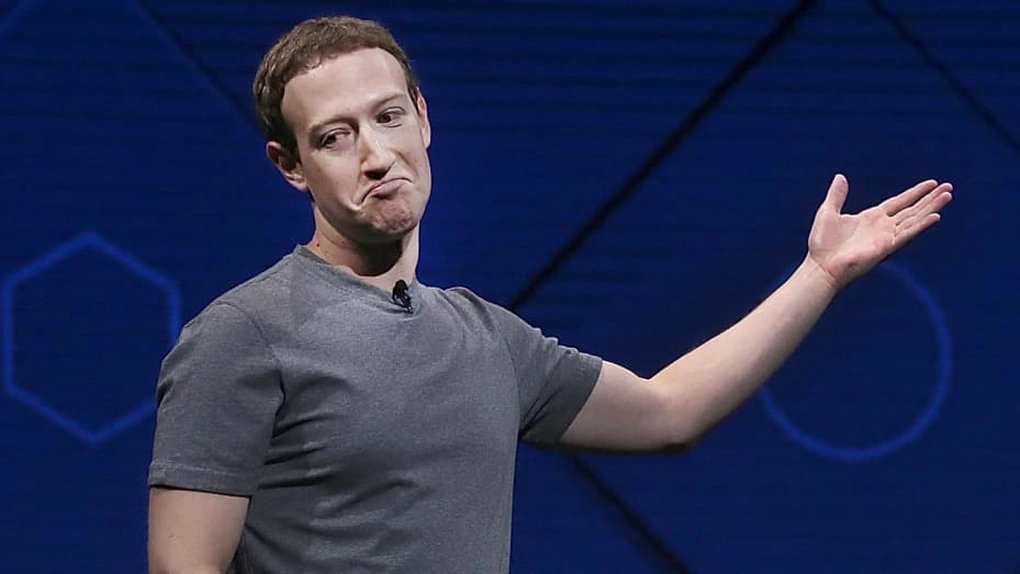
Mark Zuckerberg’s story is well-known. Born in 1984 in White Plains, New York, he demonstrated an early aptitude for programming. While studying at Harvard University, he created Facebook in 2004 as a social networking site for college students. The platform quickly expanded, reaching millions and eventually billions of users worldwide. Facebook’s success catapulted Zuckerberg into the ranks of the world’s wealthiest and most powerful individuals.
His genius lies in his ability to foresee technological trends and adapt to them. Under his leadership, Facebook acquired major platforms like Instagram and WhatsApp, ensuring its dominance in the social media space. The company also invested heavily in artificial intelligence, virtual reality, and the metaverse, solidifying its role as a leader in digital innovation.
However, Zuckerberg’s rapid ascent to the top was not without challenges. In the early days, Facebook faced competition from other social networks such as MySpace and Friendster. Yet, his ability to innovate and pivot quickly allowed Facebook to outlast and outgrow its rivals. One of his key strategies was to continuously refine Facebook’s algorithms, ensuring that user engagement remained high. This focus on engagement, however, would later become a double-edged sword as it contributed to some of Facebook’s most significant controversies.
## The Power and Controversies
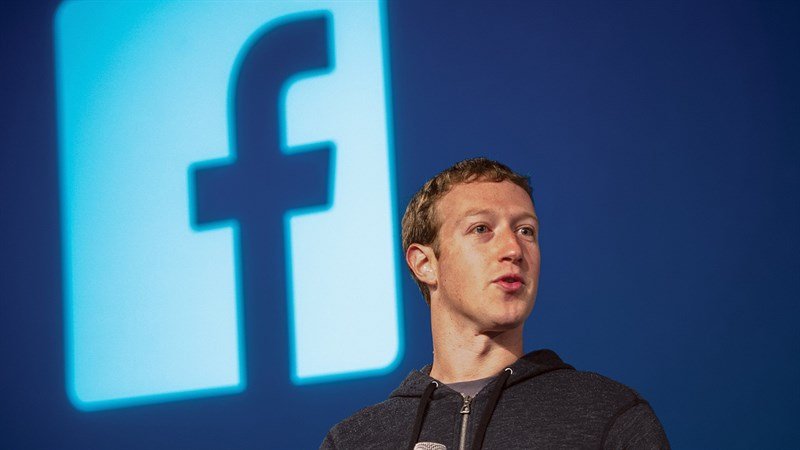
Despite his accomplishments, Zuckerberg has faced numerous controversies. Facebook has been criticized for privacy violations, data breaches, and its role in spreading misinformation. The Cambridge Analytica scandal in 2018 exposed how user data was misused for political purposes, leading to global outrage and calls for increased regulation.
Zuckerberg has also been questioned about Facebook’s role in manipulating elections, spreading fake news, and allowing hate speech to flourish. His frequent congressional hearings reflect the growing concerns over Big Tech’s influence on society. While he has introduced measures to combat these issues, critics argue they are insufficient and that he prioritizes profit over ethical considerations.
Beyond these controversies, Facebook has been scrutinized for its effects on mental health, particularly among teenagers. Studies have shown that prolonged use of social media can lead to anxiety, depression, and low self-esteem. Instagram, in particular, has been criticized for fostering unrealistic beauty standards and addictive scrolling behaviors. While Zuckerberg has acknowledged these concerns, efforts to address them have been met with skepticism, with some believing that business interests will always take precedence.
Moreover, Facebook’s transition to Meta in 2021 was met with mixed reactions. While some saw it as an ambitious move toward the future, others viewed it as an attempt to rebrand and distance the company from its troubled past. The metaverse, which Zuckerberg envisions as the next frontier of digital interaction, has yet to gain mainstream acceptance, with many questioning whether it will ever truly take off.
## The Struggle for Control
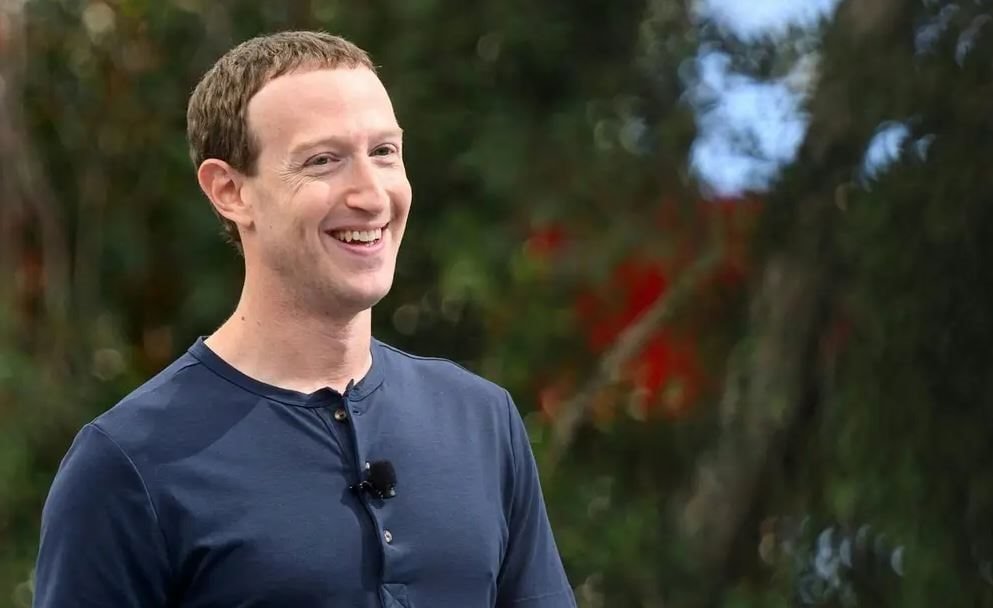
As Meta grows, Zuckerberg finds himself increasingly entangled in the complexities of managing a tech empire. The company’s push into the metaverse, for instance, has been met with skepticism. While Zuckerberg envisions a future where people interact in virtual spaces, critics question the feasibility and necessity of such a shift.
Moreover, the pressure from investors, regulators, and users has put Zuckerberg in a difficult position. He must balance innovation with responsibility while dealing with competition from emerging platforms like TikTok. The demands of running a trillion-dollar company may leave little room for personal freedom, making him more of a corporate leader than an independent innovator.
Additionally, Meta’s business model heavily relies on advertising revenue. The platform collects vast amounts of data to tailor advertisements to users, but this has raised concerns about privacy and data security. Governments worldwide have implemented stricter data protection laws, and Meta has had to navigate these regulations while maintaining its profitability. The European Union’s General Data Protection Regulation (GDPR) and similar laws in other regions have forced Meta to rethink its approach, sometimes resulting in hefty fines and legal battles.
Another significant challenge for Zuckerberg is employee dissatisfaction. Reports have surfaced about Meta’s workplace culture, with employees expressing concerns about unrealistic expectations, job burnout, and ethical dilemmas regarding the company’s policies. As Zuckerberg pushes the company towards his vision of the metaverse, some employees question whether this focus aligns with the company’s core strengths and future prospects.
## Visionary or Prisoner?
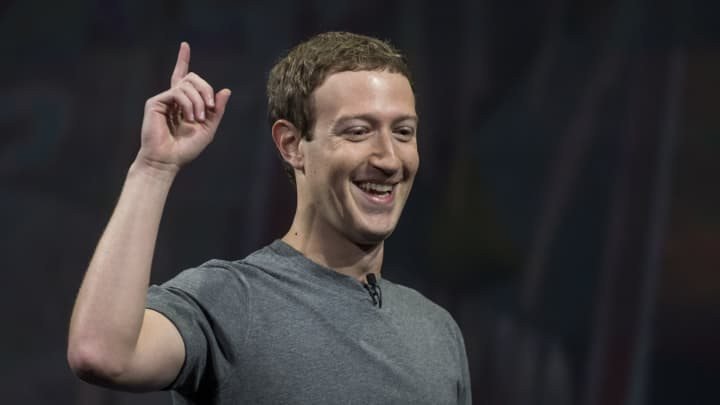
Zuckerberg’s leadership is a double-edged sword. On one hand, he is a technological pioneer who has connected billions and shaped the digital age. His ambition and strategic vision have kept Meta at the forefront of the tech industry. On the other hand, he faces relentless scrutiny and challenges that question his control over the empire he built.
Some argue that he is trapped by the demands of maintaining his empire. The need to constantly evolve, respond to criticism, and navigate regulatory hurdles may have turned him into a prisoner of his own success. Unlike other tech visionaries who eventually step down, Zuckerberg remains deeply involved in Meta, suggesting an unbreakable attachment to his creation.
The question of whether Zuckerberg will ever step down remains open. Unlike Bill Gates, who eventually left Microsoft to focus on philanthropy, or Jeff Bezos, who stepped back from Amazon to pursue other interests, Zuckerberg appears deeply intertwined with Meta’s future. His personal identity seems inseparable from the company, and any attempt to walk away might feel like relinquishing a part of himself.
## Conclusion
Mark Zuckerberg is undoubtedly a technological genius, but the question remains: Is he also a captive of the empire he built? His influence in the tech world is undeniable, but with great power comes great responsibility. Whether he is a master of his domain or a slave to it, his legacy will be defined by how he manages the challenges ahead. As the digital landscape continues to evolve, only time will tell if he remains the architect of his vision or a leader bound by its weight.
What remains clear is that Zuckerberg’s story is far from over. His decisions in the coming years—whether regarding the metaverse, data privacy, or social media’s impact on society—will shape the future of digital interaction. Whether he ultimately thrives or struggles under the weight of his own creation, his name will remain synonymous with the internet age, for better or worse.
